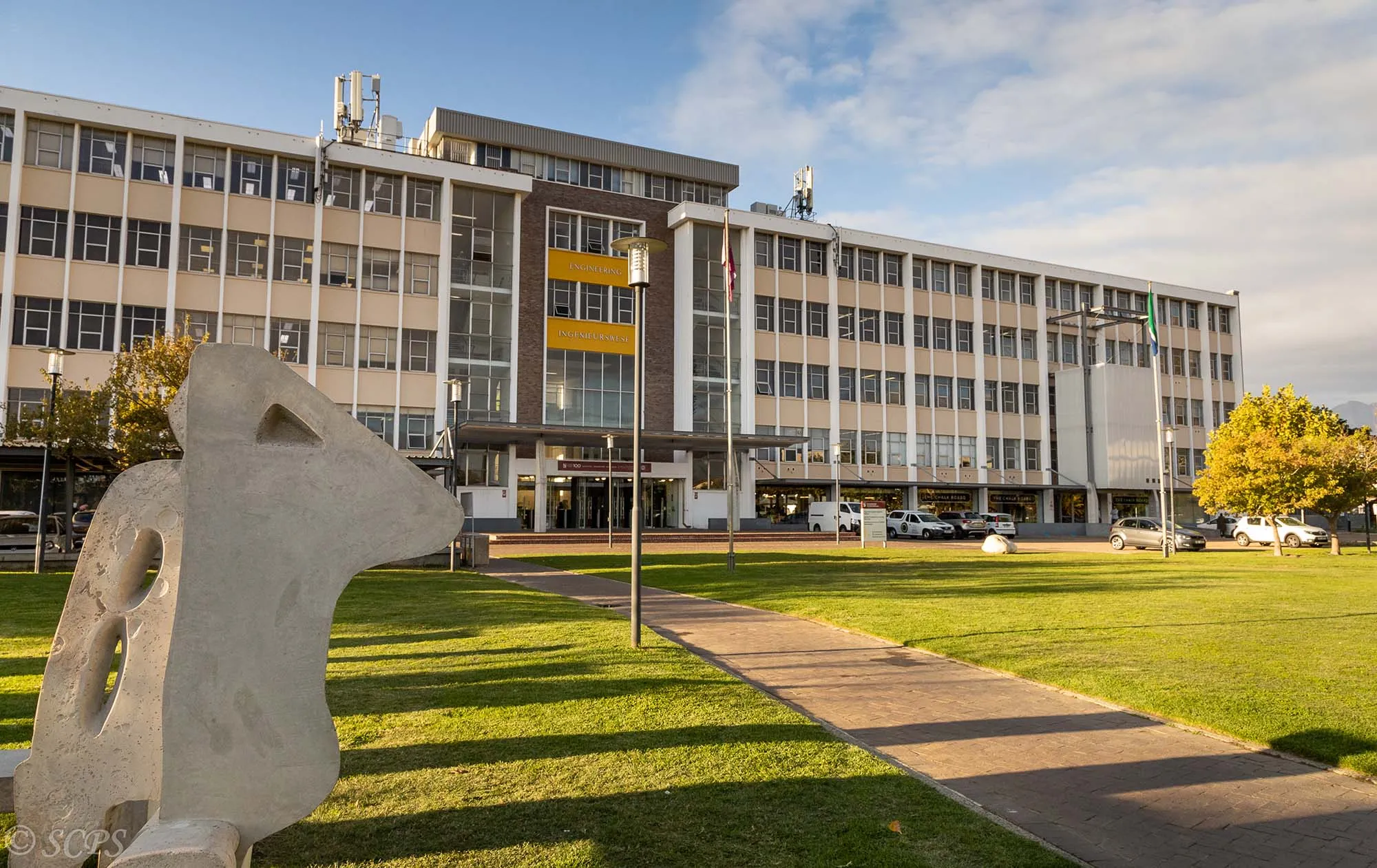Argo AI has pledged $15 million over five years to fund an autonomous vehicle (AV) research facility at the Carnegie Mellon University (CMU) in Pennsylvania.
Argo AI says it will provide access to data, infrastructure and platforms to faculty leaders and graduate students conducting research for doctorates in advancing AV technology.
The centre is expected to facilitate research relating to AV perception, decision making and actuation while also engaging in related topics such as safety policy and ethics.
Deva Ramanan and Simon Lucey - associate professors at CMU’s robotics institute - will lead the centre alongside other faculty leaders such as John Dolan, who will focus on mechatronic, systems engineering and safety. David Held will focus on machine learning while Jeff Schneider will specialise in computer vision and perception.
Argo AI to invest $15m for university AV research centre
Argo AI has pledged $15 million over five years to fund an autonomous vehicle (AV) research facility at the Carnegie Mellon University (CMU) in Pennsylvania.
Argo AI says it will provide access to data, infrastructure and platforms to faculty leaders and graduate students conducting research for doctorates in advancing AV technology.
The centre is expected to facilitate research relating to AV perception, decision making and actuation while also engaging in related topics such as safety policy and ethic
July 8, 2019
Read time: 1 min









